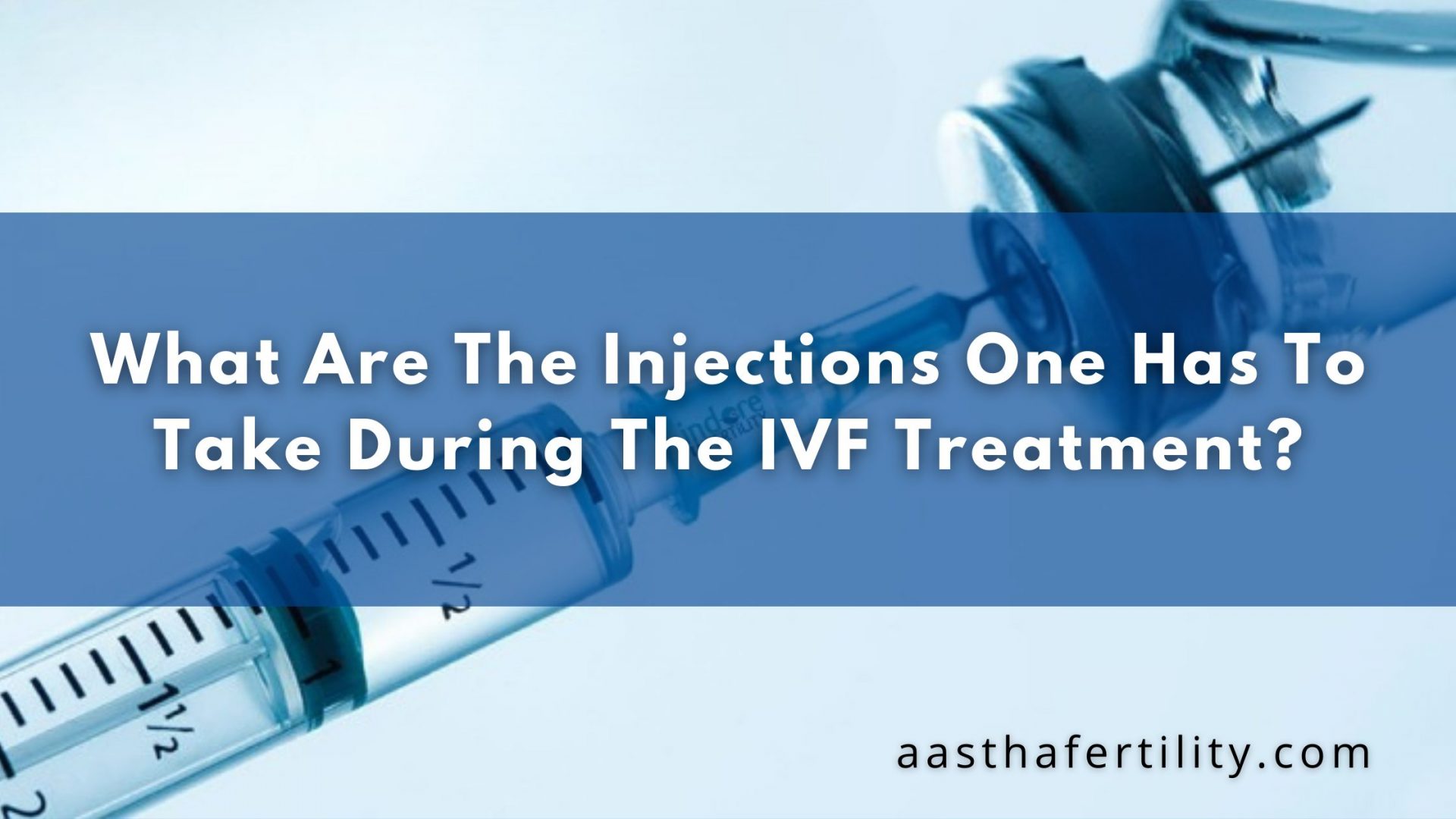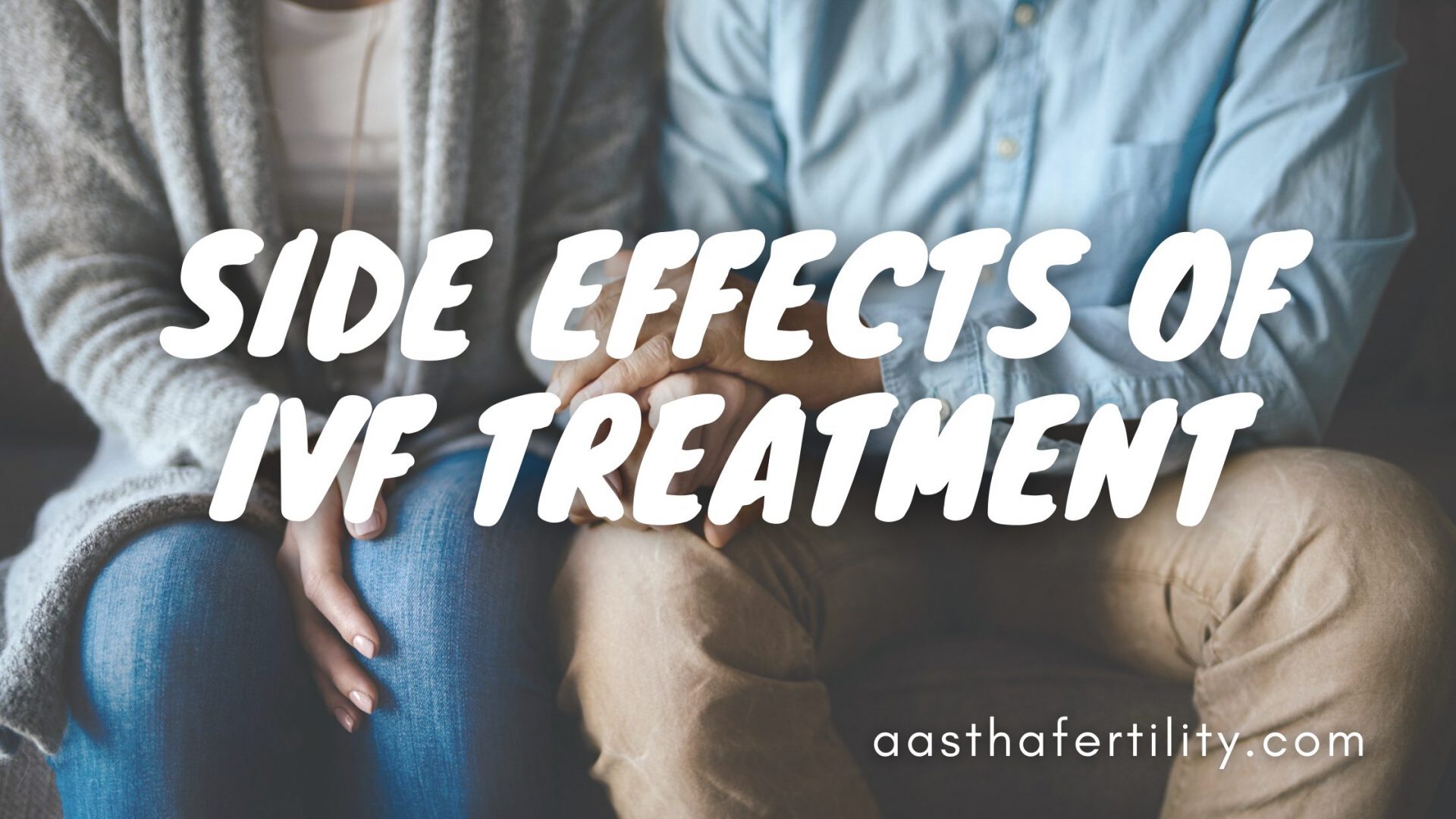Table of Contents
ToggleIn-Vitro Fertilisation is a form of ART (Assisted Reproductive Technology) that increases the conceiving chances of couples struggling with infertility. However, IVF is a complex process that involves different steps, and its success rates can vary widely, depending on the patient’s health, age, and other factors.
To increase the success rates of IVF on the first attempt, it is essential to consider all the aspects of the ART treatment carefully, starting from the basic selection of fertility clinic to maintaining a healthy lifestyle, staying away from stress, and many other minor details.
Selecting the best fertility clinic is crucial as the doctors’ and fertility specialists‘ experience and expertise significantly impact IVF success rates. We at Aastha Fertility Center ensure maximum success rates for IVF and other ART treatments on the first attempt and always give a clear picture to the patient about their health and hurdles. Moreover, we also hold the record for the maximum IVF success rate in the first attempt in India, i.e., 30%.
So, whether you’ve planned for the treatment and looking for the ideal fertility clinic or searching for IVF success rates on the first attempt, Aastha Fertility Experts have covered the details. Schedule your free online consultation with our IVF experts for the one-on-one details, and go through this blog to learn the facts related to the success rate of IVF on the first attempt.
What is the IVF Success Rate on First Attempt?
According to a report on IVF Success Rate on the First Try by “The IVF Center“, the success rate of achieving pregnancy on the first IVF attempt under the age of 35 is 55%. However, this rate drop as women age.
Factors that Make IVF Successful in the First Attempt
Apart from selecting the best fertility clinic, various other factors influence the IVF success chances in the first attempt.
Thorough Evaluation
A thorough evaluation of the patient’s health and prevailing conditions allows fertility experts to find underlying issues affecting natural conception or which may affect the success rate of IVF in first attempts. It will also help determine the best protocol according to the individual’s circumstances, helping fertility experts finalize the best time for egg retrieval and embryo transfer.
Thoroughly assessing a patient’s conditions also helps determine the quality of the egg and sperm, which can affect the overall implantation, fertilization, and embryo development process.
Choosing the Right Protocol
There are different protocols used in IVF treatment, including the long protocol, short protocol, microdose flare protocol, antagonist protocol, natural IVF cycle, and mini IVF. The right protocol thereby depends on the patient’s circumstances, and choosing the right protocol can:
- Tailor to individual’s needs
- Reduce the risks of related complications
- Optimizes the timing of egg transfer and egg retrieval
- It helps select the improved quality of eggs and embryos
- Offers personalized treatment according to patient’s health
Timing is key
Timing is crucial in determining the IVF success rates on the first attempt. A few ways how timing may affect IVF success include the following:
1. Ovulation Induction Timing
The right timing of using the fertility drugs that stimulate ovulation or timing of ovulation induction can help optimize the quality and number of eggs retrieved.
2. Egg Retrieval Timing
When eggs are collected from the ovaries also influences the IVF success rate as it can affect the chances of implantation and fertilization when retrieved too late or early.
3. Embryo Transfer Timing
The timing of when embryos will be placed back into the uterus is also crucial, as early or late insertions can affect the success rates.
*** Correct Egg Retrieval and Embryo Transfer Timing also can help avoid the risk of OHSS, further increasing the IVF success rates on the first attempt.***
Additionally, check out: Embryo Transfer Complete Guide
4. Synchronizing Cycles
Synchronizing ovulation timing with the partner’s sperm also increases the chances of implantation and fertilization.
Maintaining a Healthy Lifestyle
Maintaining a healthy body weight to improve ovarian function, eating a healthy diet rich in lean protein, fruits, healthy fats, etc., exercising regularly, managing stress through meditation, therapy, and yoga, and avoiding harmful substances like smoking and alcohol consumption can affect the IVF success rate on the first attempts.
Consider Using ICSI
IVF with ICSI increases the conception chances as in this process; only a single healthy sperm is directly inserted into an egg. This technique furthermore decreases the risks of issues with sperm quantity and quality, like low sperm motility or count, improving the fertilization and implantation rates in the first IVF attempt.
Conclusion
In conclusion, increasing the IVF success rates on the first attempt is easily possible by thorough evaluations of the patient’s health, selecting the proper IVF protocol, opting for the procedures at the correct timing, maintaining a healthy lifestyle, and with the proper guidance of a fertility expert.
Selecting the right fertility center is essential as their success rates, expertise, experience, personalized care, access to advanced technology, and collaboration with other specialists make the IVF journey smooth and stress-free for patients.
Aastha Fertility Center may help with the right approach and care if you’re also seeking expert guidance on IVF treatment. Check out our Customer Testimonials to know what our past clients say about us.





Leave a comment